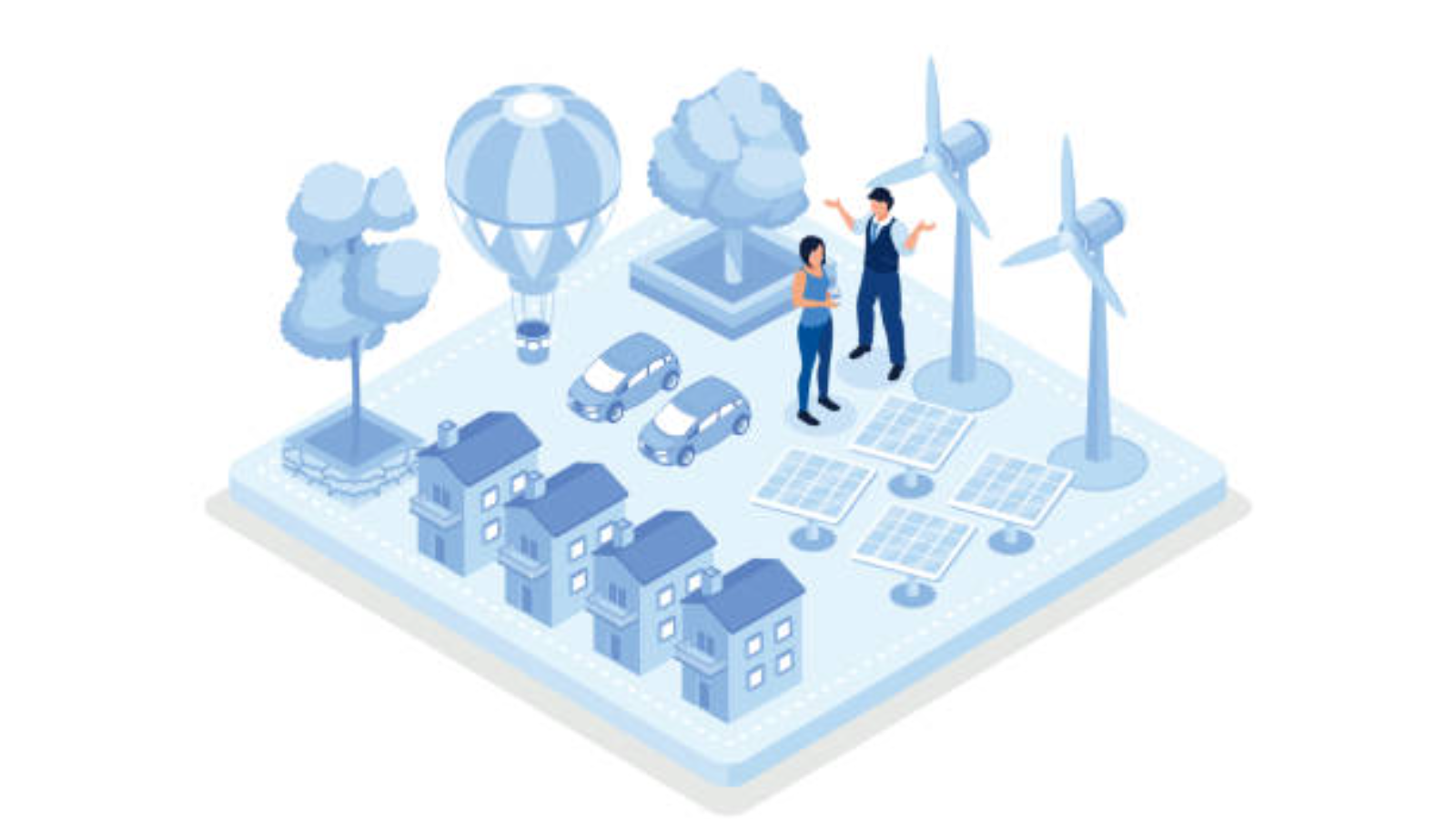In this Article
Introduction
In an increasingly digital world, the concept of smart cities has emerged as a beacon of progress and innovation. A smart city leverages technology to enhance the quality of life for its residents, improve sustainability, and streamline urban management. The goal is to create a harmonious environment where technology and urban living coexist seamlessly. This article will guide you through essential steps and tips to build a smart city, focusing on the key elements that make this vision a reality.
How to Build a Smart City?
Building a smart city is a multifaceted endeavor that requires careful planning, collaboration, and implementation. By following these steps and leveraging the right technology and partnerships, cities can create a smart, sustainable, and efficient urban environment that enhances the quality of life for all residents. Here are the essential steps and tips to get started:
1. Develop a Comprehensive Vision and Strategy
A clear vision is the foundation of any successful smart city project. This vision should encompass long-term goals, sustainability targets, and overall enhanced quality of life for residents.
- Stakeholder Engagement: Involve citizens, businesses, and government entities in the planning process to ensure that the vision aligns with the needs and expectations of the community.
- Feasibility Studies: Conduct thorough feasibility studies to identify potential challenges and opportunities. This includes assessing the current infrastructure, technology readiness, and financial implications.
- Strategic Roadmap: Create a strategic roadmap that outlines the phases of implementation, key milestones, and performance indicators. This roadmap should be flexible enough to adapt to emerging technologies and changing circumstances.
- Data Governance Framework: Establish a robust data governance framework to manage the collection, storage, sharing, and analysis of data ethically and securely. This ensures that data-driven decisions support the overall vision and goals of the smart city initiative.
2. Implement Smart Infrastructure
Smart infrastructure is the backbone of any smart city. It includes the integration of advanced technologies to manage resources efficiently and enhance urban living.
- IoT Integration: Deploy Internet of Things (IoT) devices to collect and analyze data in real time. This can include smart sensors for traffic management, waste management, and energy consumption.
- Connectivity: Ensure robust and reliable connectivity through high-speed internet and 5G networks. This is crucial for the seamless operation of smart devices and services.
- Sustainable Solutions: Implement sustainable solutions such as renewable energy sources, smart grids, and energy-efficient buildings. This not only reduces the environmental footprint but also lowers operational costs.
- Smart Utilities: Modernize utilities with smart meters and automated systems for water, electricity, and gas. This allows for real-time monitoring and efficient resource management.
3. Enhance Public Services
Smart cities aim to improve public services by leveraging technology to make them more efficient, accessible, and user-friendly.
- Smart Transportation: Develop smart transportation systems that include real-time traffic monitoring, intelligent traffic lights, and public transit optimization. This can reduce congestion and improve mobility.
- e-Government Services: Implement e-government services that allow residents to access public services online. This can include online bill payments, digital permits, and virtual consultations.
- Healthcare Innovations: Integrate smart healthcare solutions such as telemedicine, remote patient monitoring, and health data analytics. This can enhance healthcare accessibility and quality.
- Public Safety: Utilize technology for public safety through surveillance systems, emergency response management, and predictive analytics to prevent crime and ensure a safe environment.
4. Foster Innovation and Collaboration
A smart city thrives on innovation and collaboration. Encourage a culture of innovation by fostering partnerships and supporting local startups.
- Public-Private Partnerships: Establish public-private partnerships to leverage expertise, resources, and funding. This can accelerate the implementation of smart city projects.
- Innovation Hubs: Create innovation hubs and incubators to support startups and entrepreneurs working on smart city solutions. This can drive local economic growth and technological advancements.
- Community Engagement: Engage the community through workshops, hackathons, and public consultations. This ensures that the solutions developed are user-centric and address real-world challenges.
- Educational Programs: Develop educational programs and training sessions to build a skilled workforce capable of managing and innovating within the smart city framework.
Conclusion
Building a smart city represents a challenging yet promising path toward urban development. By embracing technological advancements and fostering collaboration, cities can not only enhance efficiency and sustainability but also improve the overall quality of life for their residents. This transformative journey requires continuous adaptation to emerging technologies and a commitment to citizen-centric solutions. Together, these efforts can pave the way for a future where cities thrive as interconnected hubs of innovation and opportunity. Reach out today to explore how AlphaX can support your smart city aspirations.
How Can We Help?
The AlphaX ecosystem is designed to address the challenges faced in building smart cities. Our comprehensive solutions include IoT integration, smart infrastructure development, and innovative public services. We work closely with stakeholders to create customized strategies that align with your city’s unique needs. Contact Us today to learn how we can help transform your city into a smart city.
References
Related Blog Posts
How Smart Cities Connect: Getting Started with Edge AI and IoT Technology
How to Get Started with Edge AI and IoT Technologies in Smart Cities: Overcoming Integration Challenges In recent years, the concept of smart cities has evolved from a futuristic Read More
5 Step Strategy: Ensuring Security and Privacy in 15-Minute Smart Cities
Introduction Ensuring security and privacy in 15-minute smart cities is a critical challenge as urban areas become increasingly connected through IoT and edge AI technologies. These cities aim to Read More
What is a smart city and the challenge of legacy systems
How to Get Started with Integrating Legacy Systems in Smart Cities Smart cities are transforming urban landscapes by leveraging technology to improve the quality of life for residents. However, Read More




